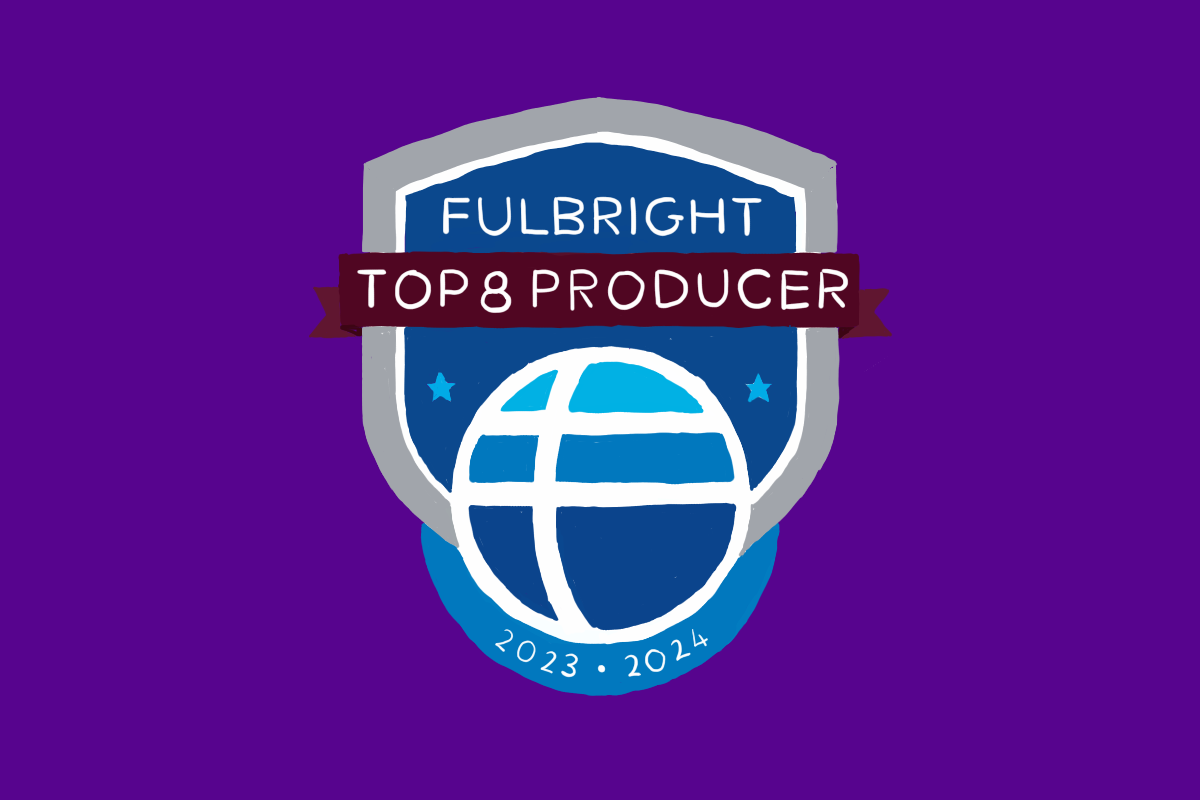NYU ranked No. 8 among 10 institutions in the country for the largest number of accepted applicants to the Fulbright U.S. Student Program in the 2023-24 academic year — one position lower than last year.
This academic year, 27 NYU students and alumni were selected for the program out of 100 applicants within the university, dubbing the university a “Top Producing Institution” for the eighth year in a row. Schools can earn this title when they meet specified cutoff points. For the “Research/Doctoral” category, universities must have a minimum of six scholar selectees and 10 student selectees. Out of the 27 students, 16 were undergraduates and 11 were graduate students who were either actively studying at the university or had recently graduated when they were chosen.
Shirin Nadira, one of NYU’s Fulbright Program advisers, said that the total number of winners and applicants has increased over time — starting from 17 winners out of 83 applicants for the 2016-17 grant.
“As an office, we are particularly proud that, especially over the last four to five years, we have not only seen overall growth in numbers of applicants and winners, but NYU’s Fulbright applicant pool has also become considerably more diverse on nearly every metric,” Nadira wrote to WSN. “For example, the number of first-generation/low-income students, the number of students from historically underrepresented ethnic groups and the range of New York University colleges/departments represented among the semi finalists and winners.”
Nadira said that students and “niche” schools within NYU like the Gallatin School of Individualized Study contribute to the university consistently being recognized as a top-producing institution for Fulbright scholars. She added that NYU has worked to develop an advising process to encourage as many students and recent alumni to apply, which features cohort-based modules and workshops throughout the spring and summer.
Fourth-year Ph.D. student Aviv Hilbig-Bokaer is in Austria as part of the Fulbright program, where he is conducting research on reactions to homosexuality in the German-speaking world from the 1850s until the beginning of World War II. He said that being in Austria is important because a substantial part of his work involves archival research.
Hilbig-Bokaer said that this would be his second time in the Fulbright program, after he was involved in the teaching assistantships during his first time in the program. “That experience made me aware of all the great things Fulbright has to offer, the first being that it truly allows you to connect to a different country and different cultures.” Hilbig-Bokaer told WSN. “That’s been the most tangible and exciting benefit, which made me want to do it a second time.”
Contact Adrianna Nehme at [email protected].






















































































































































